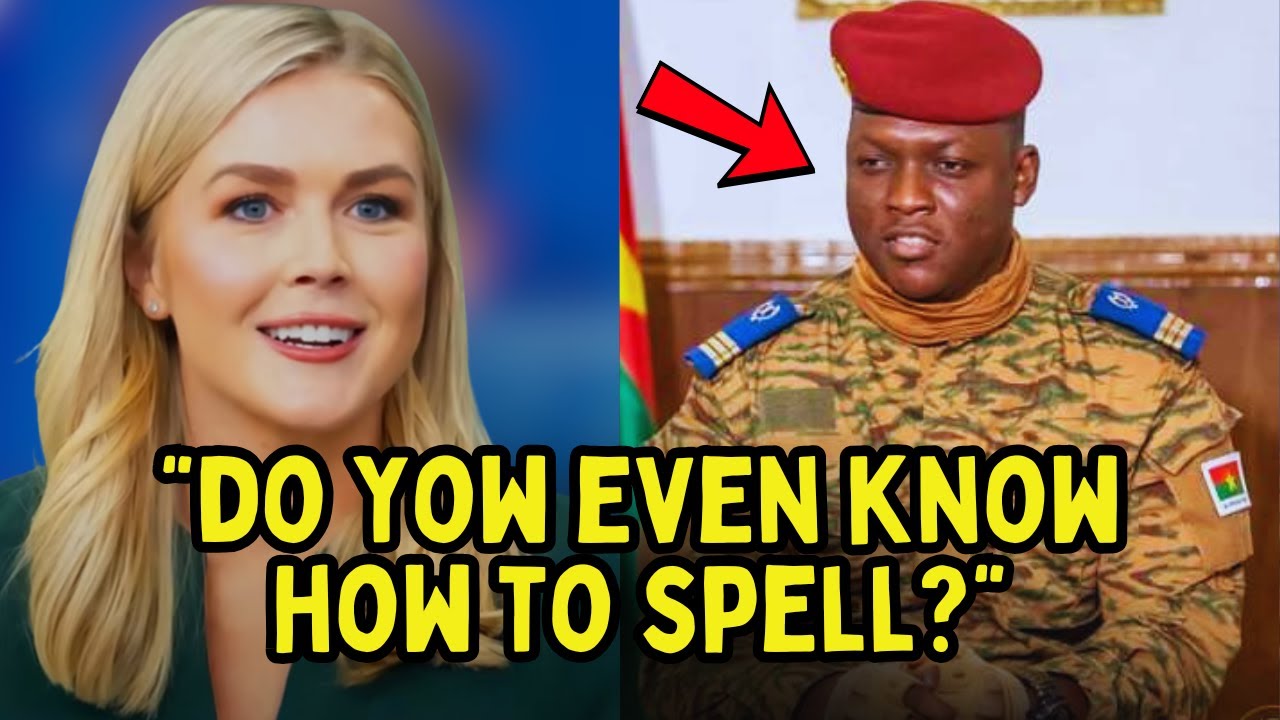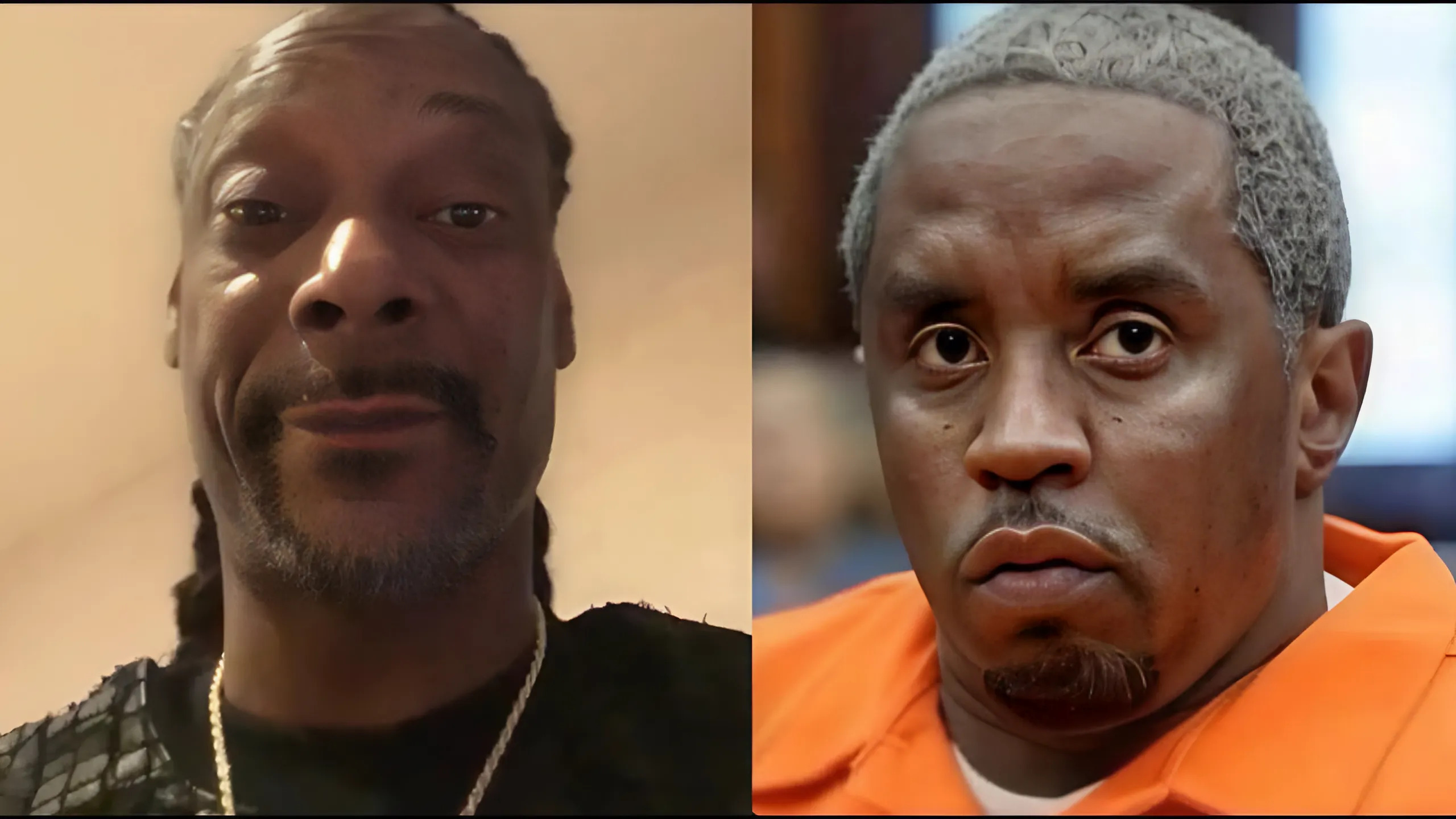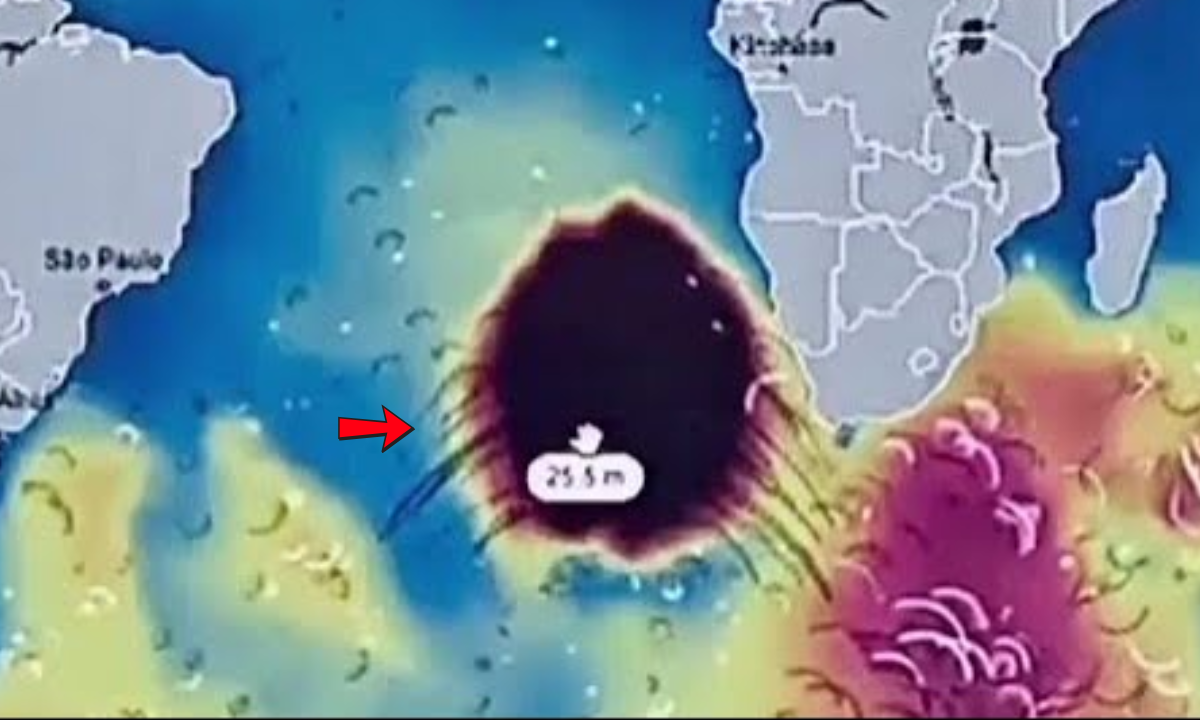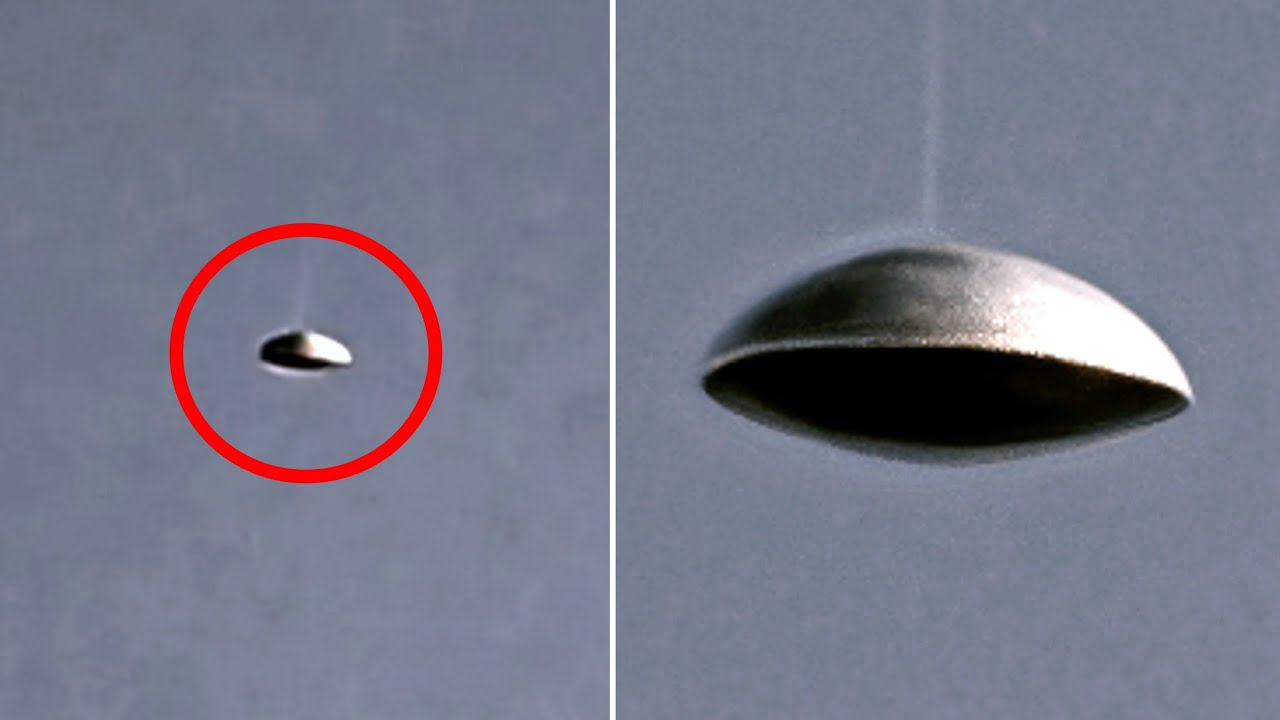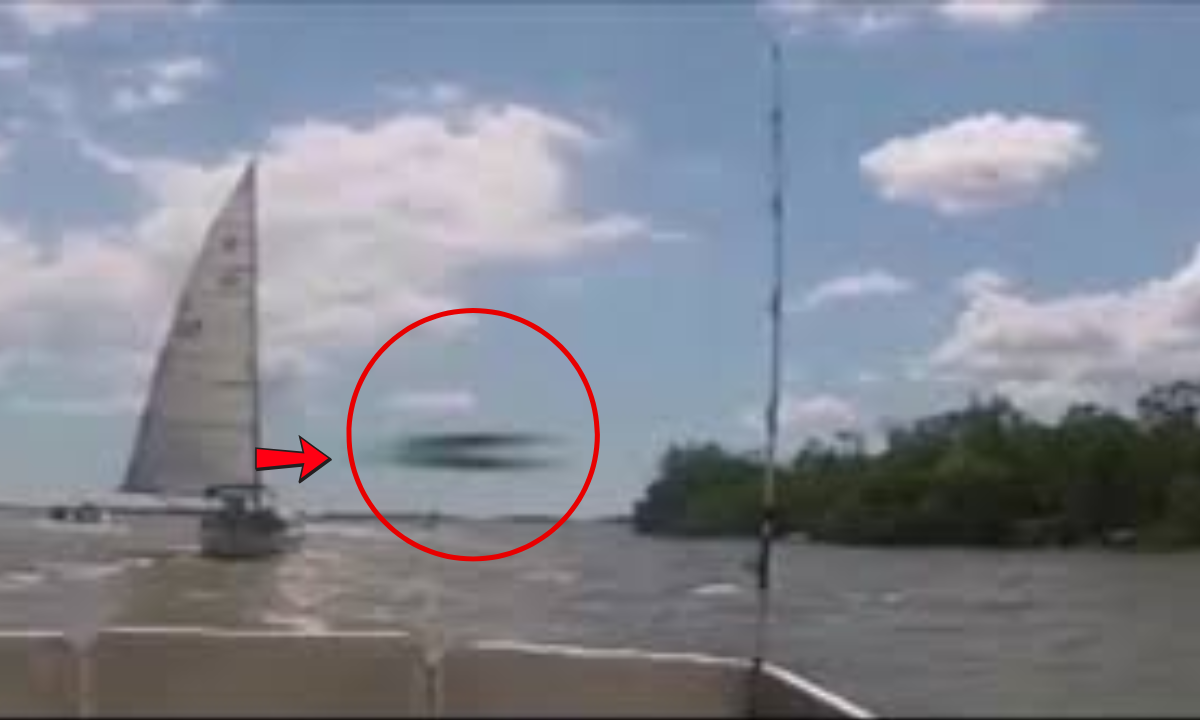**Title: Ibrahim Traoré’s Bold Return: A Game-Changer for Burkina Faso and Beyond**

In a moment that has sent shockwaves through global power dynamics, Captain Ibrahim Traoré has returned to Burkina Faso not just as a leader but as a harbinger of a seismic shift in African geopolitics. Fresh from a clandestine meeting with Russian President Vladimir Putin, Traoré’s arrival marks a definitive pivot away from Western influence, igniting both fear and fascination across the world.
As he stepped off the aircraft, the atmosphere was electric. The Burkinabé capital, Ouagadougou, held its breath, not just for Traoré’s safe return but for what he brought back. The military salutes were sharp, the Russian ambassador stood conspicuously alongside Burkina Faso’s high command, and the red carpet that welcomed him was laden with symbolism. This was not mere protocol; it was a proclamation of a new alignment, signaling that Russia is no longer a distant ally but a strategic partner embedded in the fabric of Burkinabé politics.
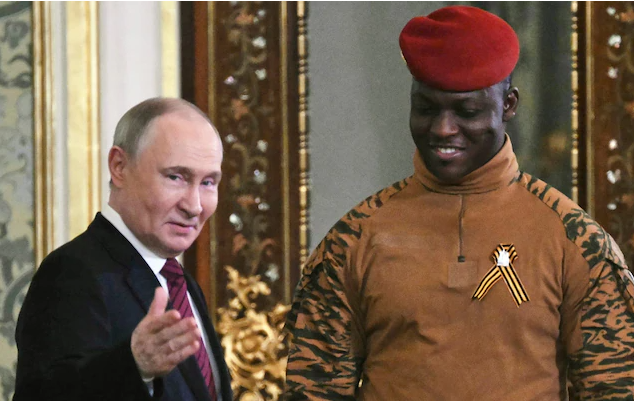
Traoré’s return coincided ominously with Russia’s Victory Day, a day that resonates with themes of defiance and resilience. Observers noted that this timing was not accidental; it whispered of a renewed sense of agency for African nations, one that challenges decades of Western hegemony. The absence of Western ambassadors at the welcome ceremony was deafening, hinting at a realignment that could reshape the region’s diplomatic landscape.
Behind the fanfare and pageantry lay a more profound narrative. Traoré’s expression as he emerged spoke volumes—conviction over relief, purpose over pageantry. The visuals alone told a story of a leader who has transcended the script dictated by Western powers. His return is a powerful reminder that Burkina Faso is no longer the silent playground of foreign diplomats; it is now a player with its own agency and allies.
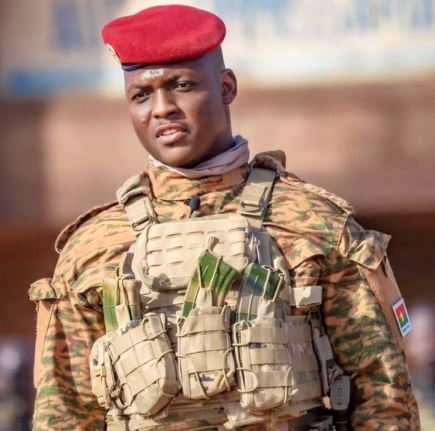
The nature of Traoré’s discussions in Moscow remains largely undisclosed, but sources indicate that they traversed critical areas such as hybrid warfare, economic resilience, and military cooperation. The whispers of a potential Russian military presence, alongside plans to establish a domestic weapons manufacturing base, have sent ripples of concern through Western capitals. Equally alarming is the prospect of an energy swap deal that could see Russia gaining access to Burkina Faso’s natural resources in exchange for fuel, a move that could redefine the economic landscape in the region.
What is becoming increasingly evident is that Traoré is not merely seeking assistance; he is negotiating on his terms. His vision for Burkina Faso extends beyond mere survival; it encompasses a bold reimagining of African sovereignty. The proposed establishment of a satellite campus for a Russian-funded university and an international broadcaster aimed at countering Western narratives further illustrates his intent to foster a homegrown narrative—one that prioritizes African voices and perspectives.
The implications of Traoré’s Moscow visit extend beyond Burkina Faso. His rising popularity among African youths signals a generational shift, one that sees him not as a temporary figure but as a symbol of defiance against a long history of exploitation. As he stands alongside barefoot gold miners, declaring that “this gold will no longer enrich foreigners,” he has tapped into a wellspring of local pride and aspiration.
In just two years, Traoré has transformed from a military leader into a cultural icon. His face graces murals across the nation, and his speeches resonate with a populace that is increasingly disillusioned with traditional power structures. The youth no longer view politics as a distant concern; they see in Traoré a reflection of their hopes and struggles.
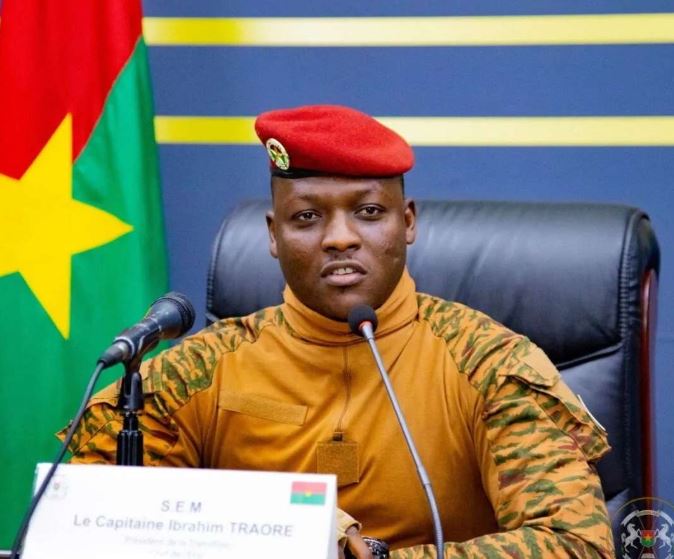
Yet, the stakes have never been higher. As Burkina Faso embarks on this audacious path, the West watches warily. The fear is not just of political instability but of a successful African doctrine emerging free from Western fingerprints. If Traoré’s vision takes root, it could inspire a continent-wide movement that challenges the status quo, prompting questions that echo through every African capital: Why are we still on our knees?
The return of Ibrahim Traoré from Russia is more than a diplomatic visit; it’s a clarion call for independence and sovereignty that resonates deeply. As the world holds its breath, one thing is clear: Burkina Faso is no longer a pawn in the geopolitical game but a player reshaping the board. The implications of his return—and the potential for a new African alliance—could redefine the landscape for generations to come. The battle for Africa’s narrative has only just begun, and Ibrahim Traoré stands at the forefront, ready to forge a new path.
